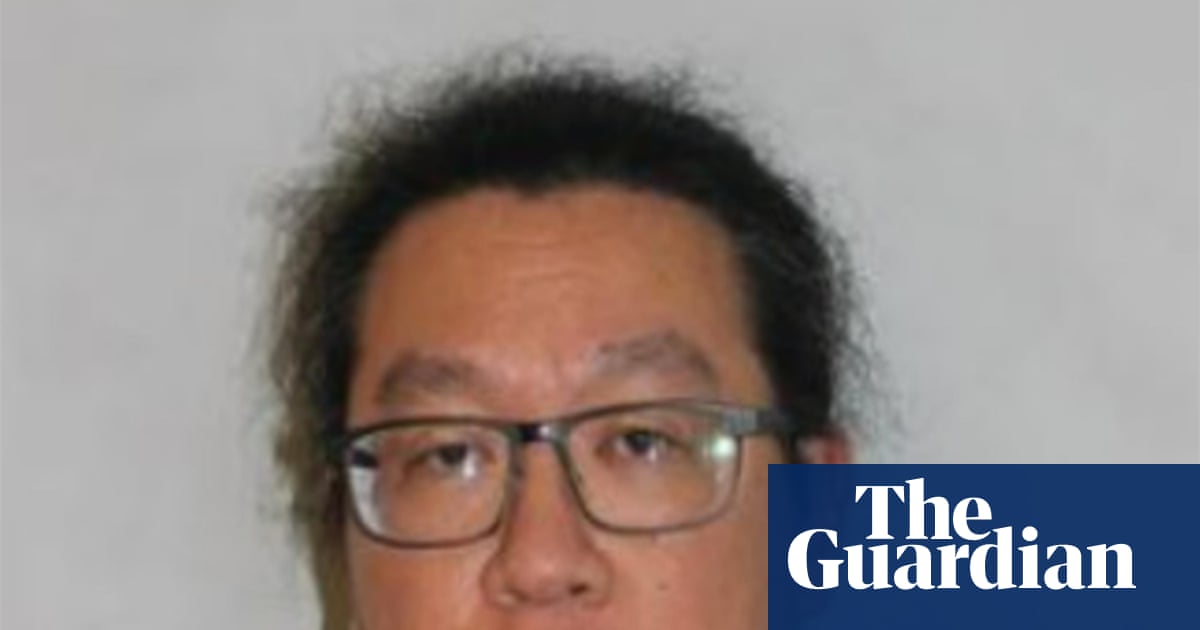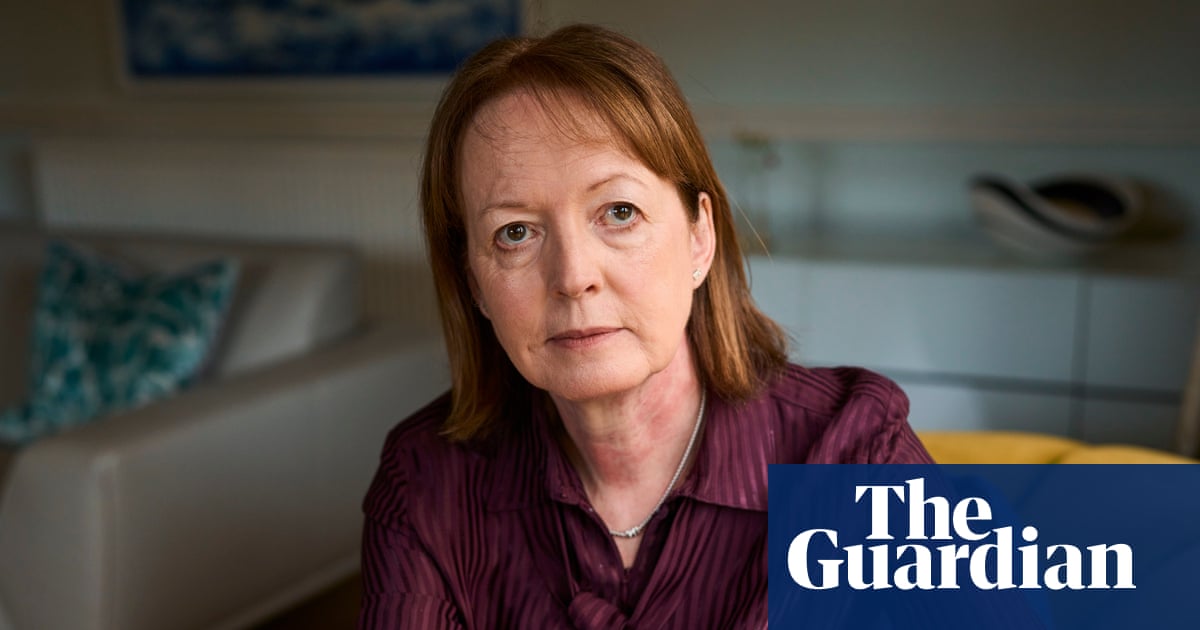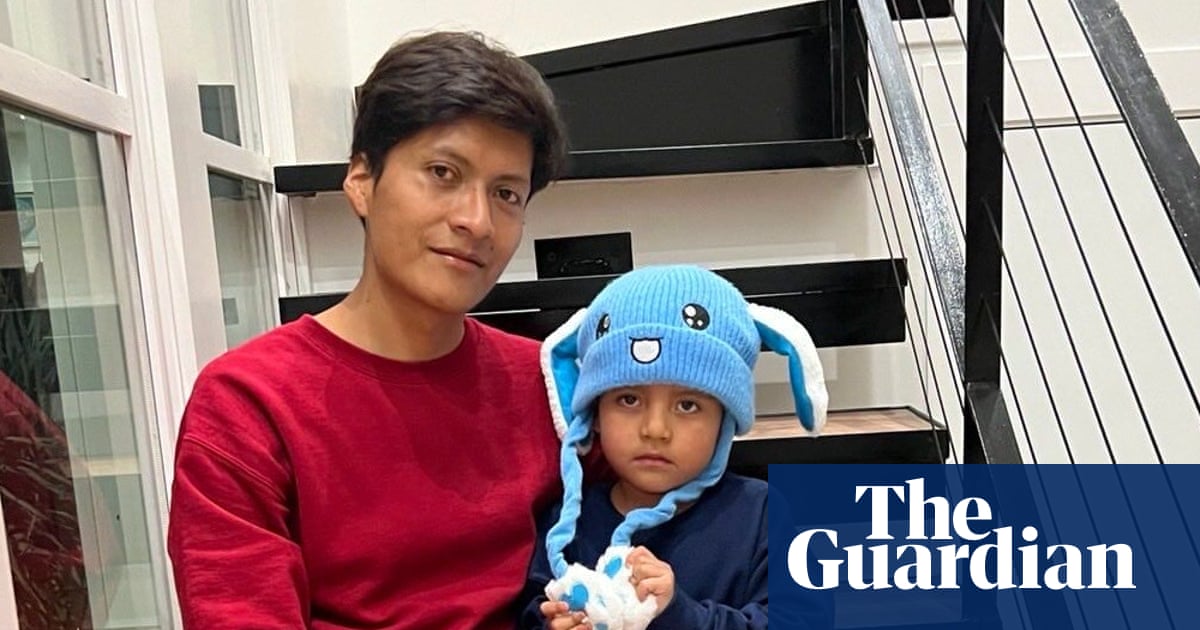A high court judge has overturned a “dangerously outdated” family court decision made on the basis that domestic abuse between a father and a mother would not be likely to pose a risk to their children, and was “largely historical”.
The mother had made seven separate allegations of rape, the earliest in June 2009, and the latter four all dating to 2020. She had also made further allegations including that the father had stalked her, threatened to disclose intimate photographs, thrown a coffee mug, and in 2021 had removed the brake pads from a car, which police had said could constitute a potential offence of attempted murder.
The father is on police bail in relation to a number of allegations, and a charging decision from the Crown Prosecution Service (CPS) is pending. The father disputes the allegations, and had made counter-allegations that the mother was attempting to alienate the children from him.
He had applied to the court in February for a transfer of residence, asking the court for the children to spend more time with him than their current shared care, which results in them spending nine nights per fortnight with their mother, and five with their father. In the application, he said the mother “continues to make and disseminate untrue allegations against me”.
The mother had wanted a fact-finding hearing to take place: a session in the family court to determine the truth of disputed allegations. The family courts had previously ordered a hearing to take place, in June 2024, but this had been abandoned with the agreement of both parties, which the mother later said was a decision she had made based on poor legal advice.
When the parents returned to court in August, a judge, Recorder Forshaw KC, had denied the mother’s request for a fact-finding hearing, based on a number of factors, including the length of court time it would take until a hearing could happen, and that proving the allegations was not likely to bear upon the court’s assessment of risk to the children.
In an appeal hearing at the high court on Monday, Alex Laing, counsel for the mother, said in his skeleton argument that “it is entirely unacceptable and unsustainable for the family court in 2025 to conclude that a pattern of oral, vaginal and anal rape; an assault; a threat of revenge pornography; what the police are classifying as attempted murder; stalking; etc are not reasonably likely, if proven, to impact the court’s decision on spending time arrangements and risk”. He said that the mother’s submission was that it was “remarkable” to suggest otherwise, adding: “How could they not?”
He said the idea that one parent could “engage in the repeated rape of another parent without impacting the welfare of the children, either directly or indirectly, is an outdated trope”, and said “it is no longer acceptable in the family justice system for courts to operate on that basis”.
The lower court judge had also described the mother’s allegations, the latest of which dated to 2024, as “largely historical”, with the high court told the parents were no longer in direct contact, conducting handovers of the children in public. Laing told the court this was “equally and dangerously outdated”.
The father had opposed the mother’s appeal against the decision not to hold a fact-finding hearing, with his barrister Miriam Best setting out in her skeleton argument that the “suggestion by Mother that findings would equal a radical reduction in the time Father and the children spend together is misconceived; this is not a fait accompli.
“There are a number of factors that the court will consider following any findings made, including arrangements to date and the ages of the children to name but two.”
“No decisions to charge, nor to refer to CPS, have been made against Father, let alone have there been convictions,” she said. “An allegation by Mother does not mean a conviction; to say otherwise is pure supposition.”
Mr Justice Garrido KC on Monday described the lower court’s decision as a “wrong turn” and ordered that a fact-finding hearing take place. “These allegations go to the heart of whether or not the children are at the very least at the risk of emotional harm from their father,” the high court judge said.
“Likewise if the mother has made up, falsified, such a course of conduct against the children’s father” then he said, the court needed to know “what risk she presents to the children”.
While he acknowledged that ordering a fact-finding hearing would mean it would take additional time for the case to be resolved, Garrido said: “It is clear to me that had [Forshaw] properly considered the way in which the allegations and counter-allegations would assist the court in determining the children’s welfare, he would indeed have paid that price.”
A recent report from the domestic abuse commissioner found that domestic abuse was involved in 87% of cases before the family court, yet it was only considered relevant to the welfare decisions of the children in 42% of hearings.
Women’s Aid and the domestic abuse campaigner Claire Throssell have called for mandatory specialist training for the judiciary, particularly in light of the government’s recent decision to end the presumption of contact for both parents in the family courts.
“They’re very averse to having external training, they want everything in house, they want to mark their own homework, basically,” Throssell said.
“And when this goes through, they’re going to have to understand domestic abuse, they’re going to have to really understand what coercive control looks like, what emotional abuse looks like.”

 3 months ago
60
3 months ago
60

















































